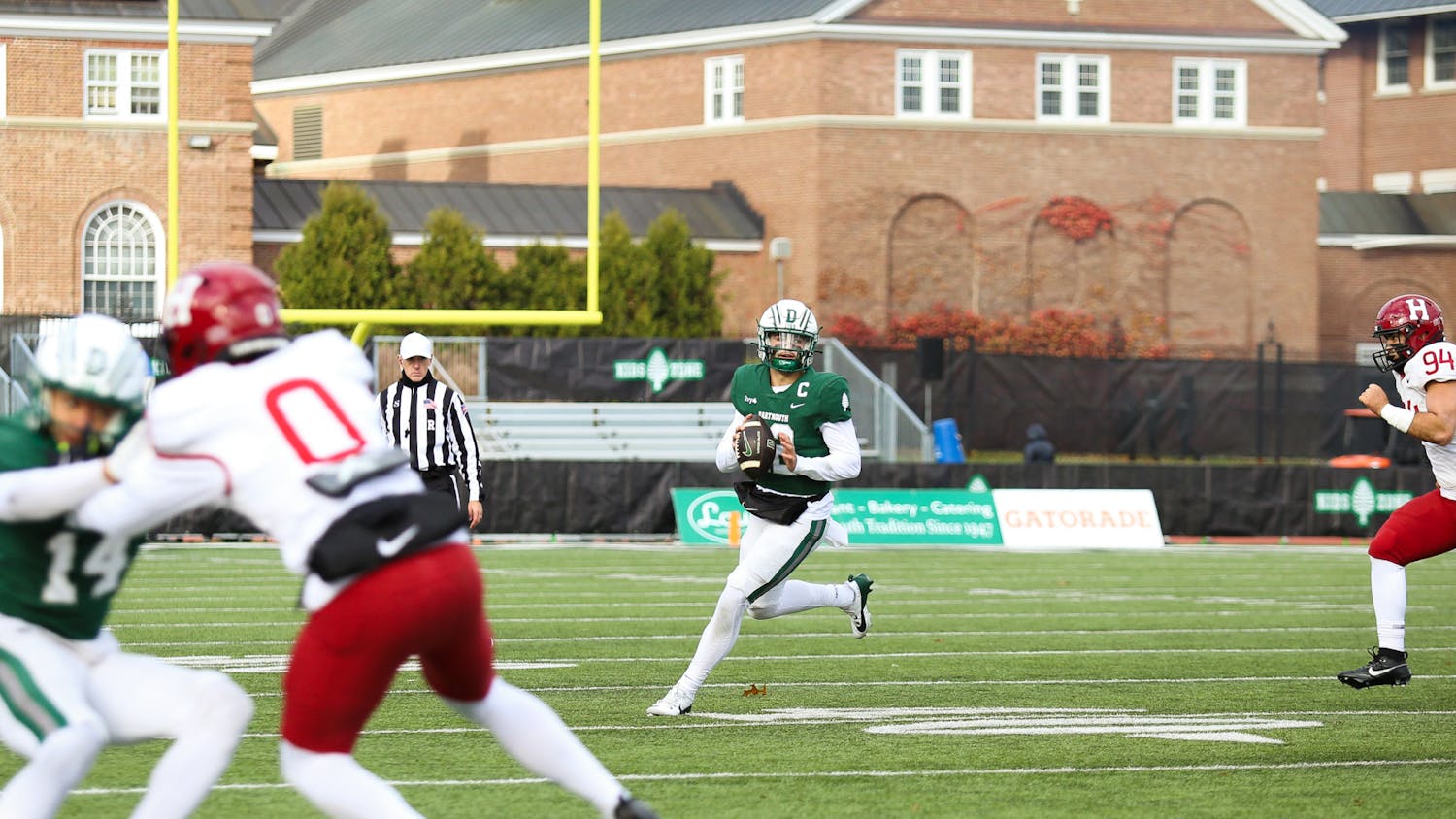In a Jan. 10 blog post, the Foundation for Individual Rights in Education downgraded Dartmouth’s speech code rating from “yellow light” to “red light.” In an email statement, Samantha Harris, vice president of policy research at FIRE, attributed the downgrade to the College’s Acceptable Use Policy, which she said “bans broad categories of speech, a great deal of which would be entitled to First Amendment protection at a public university.”
FIRE is a nonprofit group focused on protecting civil liberties on college campuses. According to FIRE’s website, a “red light” institution has at least one clearly and substantially restrictive policy to freedom of speech, a “yellow light” institution has policies that restrict or could be used to restrict freedom of speech and a “green light” institution does not seriously imperil freedom of speech.
The College was a green light institution until it approved a bias reporting policy in 2015 that broadly defined a bias-related incident as a “behavior which constitutes an expression of hostility against the person or property of another.”
After FIRE reclassified the College as a red light institution last month, Dartmouth joined Harvard University and Princeton University as the only members of the Ivy League with a red light rating.
The Acceptable Use Policy, posted on both Information Technology Services’s website and the College’s undergraduate admissions blog, states that users of the College’s IT resources cannot “post or transmit content that is harmful, offensive, obscene, abusive, invasive of privacy, defamatory, hateful or otherwise discriminatory, false and misleading, incites an illegal act, or is otherwise in breach of your obligations to any person or contrary to any applicable laws and regulations.”
Harris wrote that she came across Dartmouth’s Acceptable Use Policy during her annual search for college codes that violate a student or faculty member’s right to freedom of speech or due process.
“We usually base our analysis of the actual codes of the schools, so a lot of times we look at the policies themselves,” FIRE communications coordinator Bill Rickards said. “If there are big cases we find out about it ourselves, and sometimes students call in [with tips].”
In response to FIRE’s criticism of the College’s Acceptable Use Policy, Mitchel Davis, vice president for information technology and chief information officer, said that “[the policy] definitely has to be looked at … and possibly changed.”
Davis, who said he was not familiar with the Acceptable Use Policy until The Dartmouth brought FIRE’s post to his attention, said that it was written by former administrators and attorneys before his appointment to the College in spring 2017. Davis added that he does not know the year of the Acceptable Use Policy’s implementation.
Davis said he is meeting with College executive vice president Rick Mills and other members of the administration today to review the Acceptable Use Policy. He added that he cannot provide any more information about the Acceptable Use Policy until a later date.
Associate chief information officer Alan Cattier and ITS assistant director Ellen Young declined to comment on the Acceptable Use Policy.



